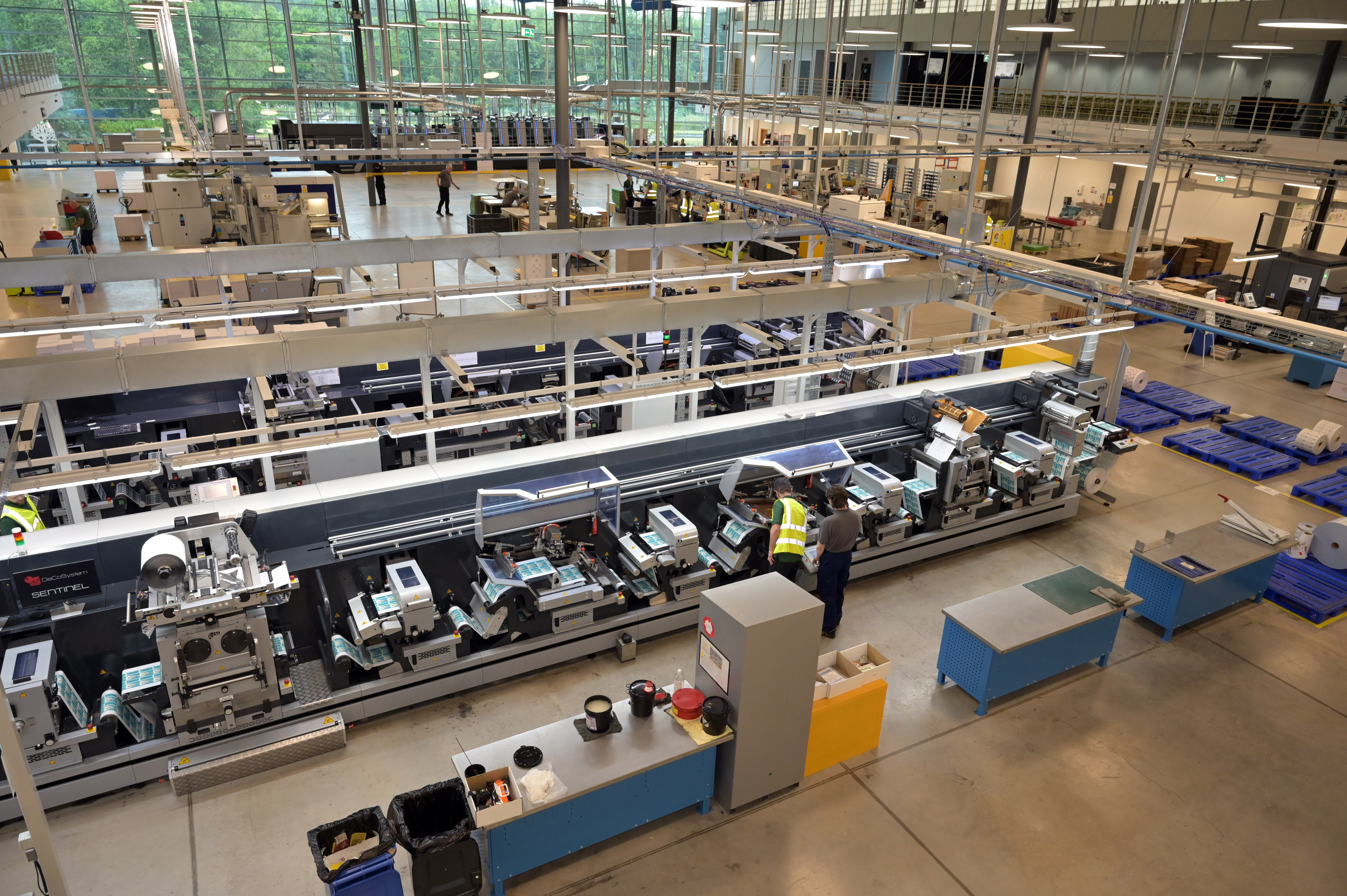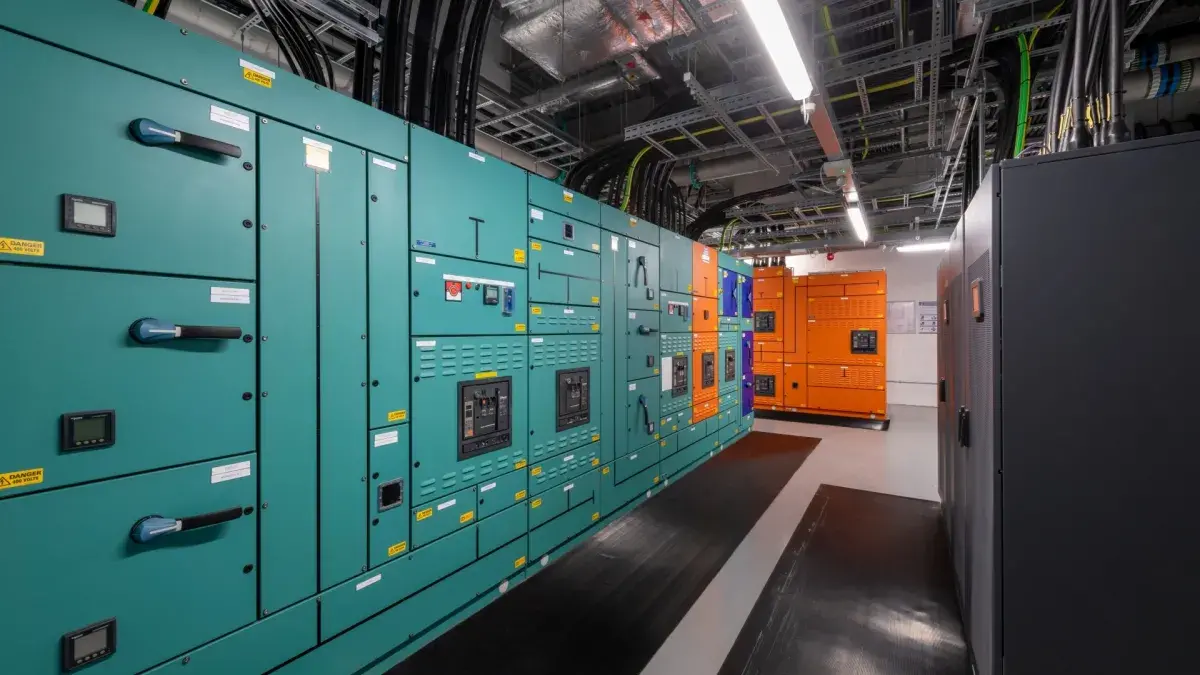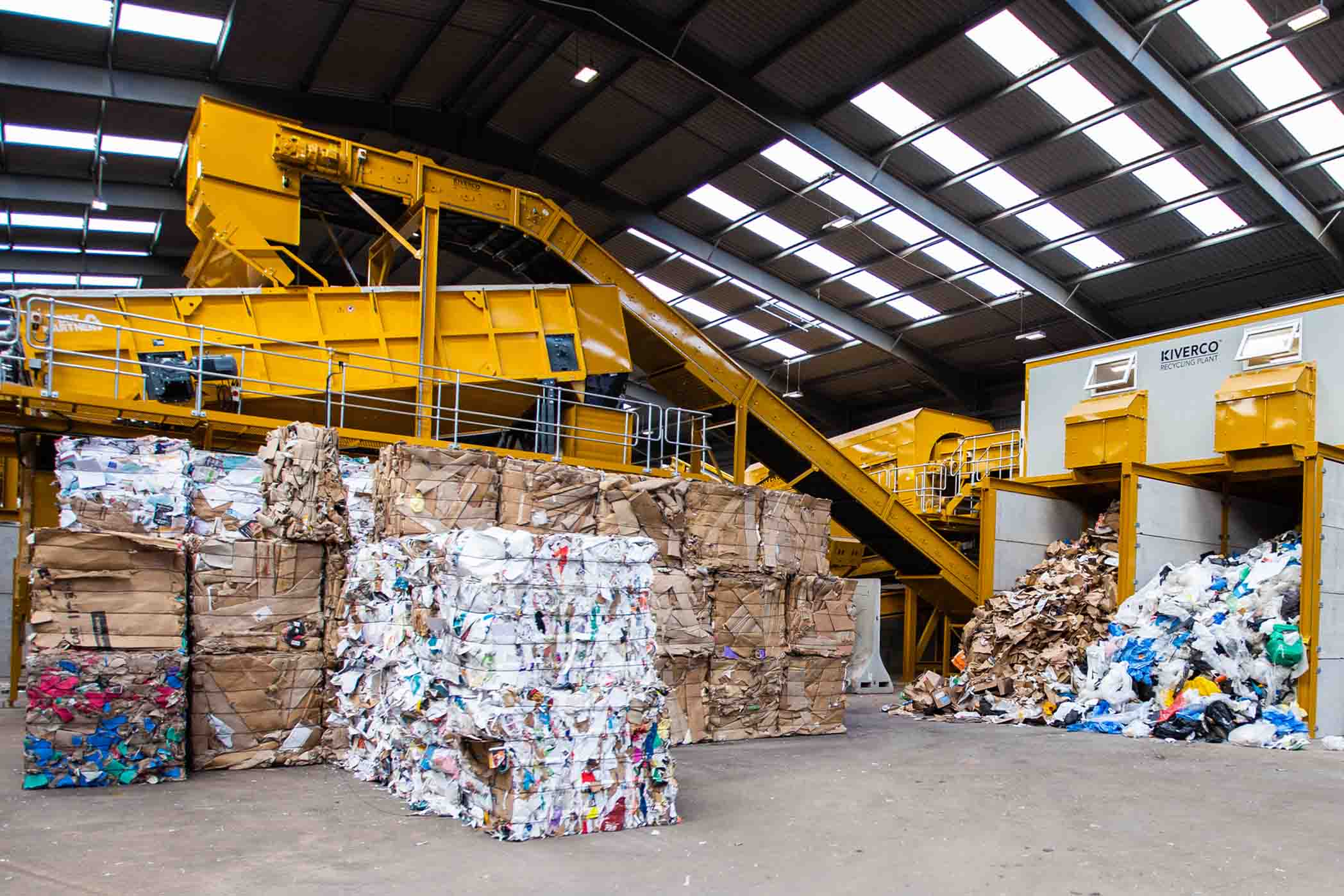
Interview: Prof. Dr. Christian Leumann, Rector, University of Bern
How do you assess Swiss education?
Switzerland is known for its quality, and academia is no exception. Most Swiss universities are ranked within the top 1% globally. Switzerland’s education system has several advantages, including the dual education system, which allows the population to pursue different successful career paths. In higher education, global academia rankings show that the University of Bern excels in scientific contributions, even if few entities know our work.
What are some notable accomplishments?
Within the Swiss educational landscape, the University of Bern differentiates itself from other universities focusing on applied sciences. At the University of Bern, we are building the foundation of basic science that within 15 years, will become the next generation of innovative applied science projects.
We have collaborated with the United Nations regarding climate science and one of our core focus areas is in sustainable development. We have worked together with the UN to create some of the Sustainable Development Goals and help the organization with its agenda.
We are number three in Switzerland when it comes to attracting projects and financing from the Swiss National Science Foundation (SNF). We have solid links with Horizon 2020 and Horizon Europe, which are increasingly investing in finding new solutions for societal challenges and driving innovation-led sustainable growth. We also have powerful connections and collaborations with the USA.
What are some USA based collaborations?
The space science program is one example. The first scientific experiment for the Apollo 11 mission 50 years ago was from the University of Bern. Since then, we have participated in most NASA and European Space Agency (ESA) satellite operations. What is more, within our campus, we have a Center for Space and Habitability (CSH), which fosters dialogue across various scientific disciplines and nonscientific stakeholders on the implications of finding life elsewhere in the universe.
Other collaborations include the recent agreement with the USA Department of Energy’s Fermilab in Chicago, to collaborate on neutrino experiments to be carried out at the laboratory. We will be researching advanced neutrino detectors in various experiments. Other examples are our collaborations with the USA based National Science Foundation (NSF) or with the National Institutes of Health (NIH), that support basic research in the biomedical field.

























